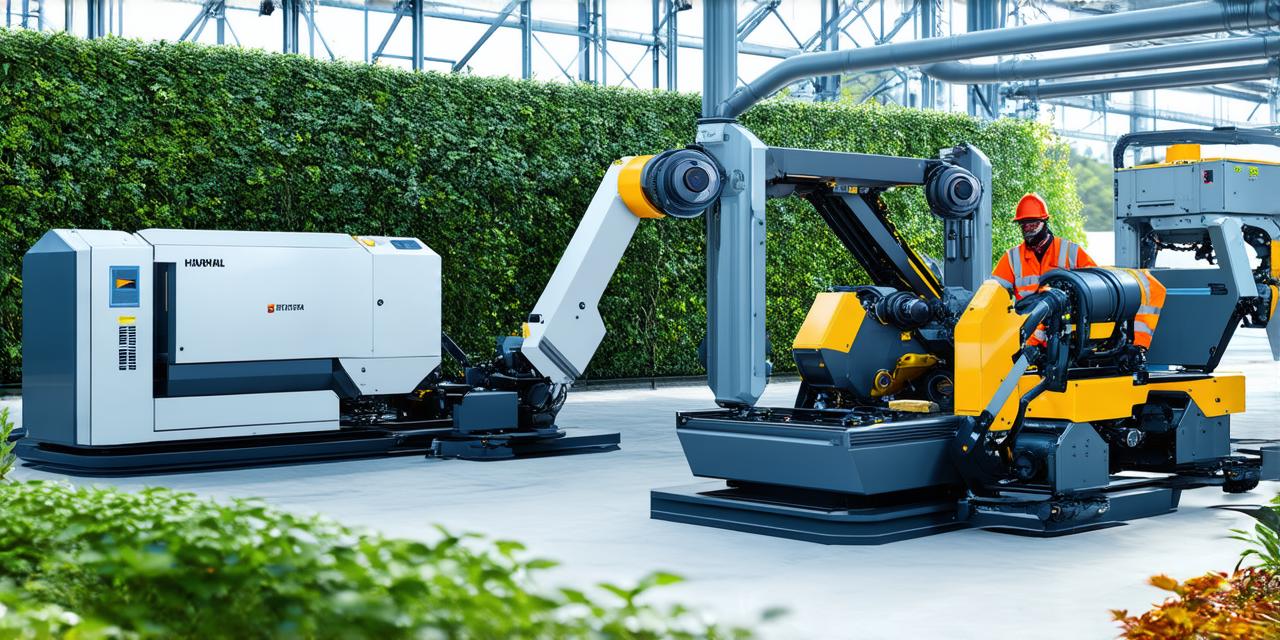Contract manufacturing is a type of outsourcing when a
Introduction:

In today’s fast-paced business world, companies are constantly looking for ways to optimize their operations and reduce costs. One of the most popular methods for achieving these goals is outsourcing, which involves partnering with a third-party supplier to handle tasks that would otherwise be performed in-house.
Among the various forms of outsourcing, contract manufacturing stands out as an effective and efficient way to get products manufactured without having to invest in expensive equipment or hire a large in-house staff.
Benefits of Contract Manufacturing:
Contract manufacturing offers a variety of benefits to businesses looking to outsource their manufacturing processes. These include:
- Cost Savings
- Flexibility
- Expertise
- Risk Management
- Innovation
How Contract Manufacturing Works:
Contract manufacturing typically involves working with a third-party supplier to handle all or part of a company’s manufacturing processes. The supplier will usually provide equipment, materials, and labor, while the business will retain ownership of the intellectual property for their product design.
The process typically begins with a detailed contract that outlines the terms of the agreement, including the scope of work, pricing, timelines, and quality standards. This contract will also include provisions for protecting intellectual property and ensuring compliance with relevant regulations and standards.
Once the contract is signed, the supplier will begin manufacturing the product according to the agreed-upon specifications. The business will typically provide design specifications, which will be used by the supplier to create prototypes and develop a production plan. The supplier will then use their expertise and experience to manufacture the product according to the agreed-upon quality standards.
Throughout the manufacturing process, the business will work closely with the supplier to monitor progress, provide feedback, and make any necessary adjustments to ensure that the final product meets their requirements. Once the product is completed, it will typically be shipped back to the business for further processing, packaging, or distribution.
Real-Life Examples:
Contract manufacturing has proven to be a highly effective strategy for businesses looking to streamline their operations and reduce costs. Here are some real-life examples of companies that have successfully implemented this approach:
- Apple
- Nike
- Johnson & Johnson
- Toyota
- GE
FAQs:
1. What is contract manufacturing?
Contract manufacturing is a type of outsourcing where a business partners with a third-party supplier to handle all or part of their manufacturing processes. The supplier will usually provide equipment, materials, and labor, while the business will retain ownership of the intellectual property for their product design.
2. What are the benefits of contract manufacturing?
Contract manufacturing offers a variety of benefits to businesses, including cost savings, flexibility, expertise, risk management, and innovation. By partnering with a third-party supplier, businesses can leverage their expertise and experience to improve the quality and reliability of their products, while also reducing costs and increasing efficiency.
3. How does contract manufacturing work?
Contract manufacturing typically involves working with a third-party supplier to handle all or part of a company’s manufacturing processes. The supplier will usually provide equipment, materials, and labor, while the business will retain ownership of the intellectual property for their product design. The process typically begins with a detailed contract that outlines the terms of the agreement, including the scope of work, pricing, timelines, and quality standards.
4. Who are some examples of companies that have implemented contract manufacturing?
Many well-known companies have successfully implemented contract manufacturing, including Apple, Nike, Johnson & Johnson, Toyota, and GE. These companies have partnered with suppliers in various locations around the world to produce a wide range of products, from electronics and medical devices to automotive parts and appliances.
